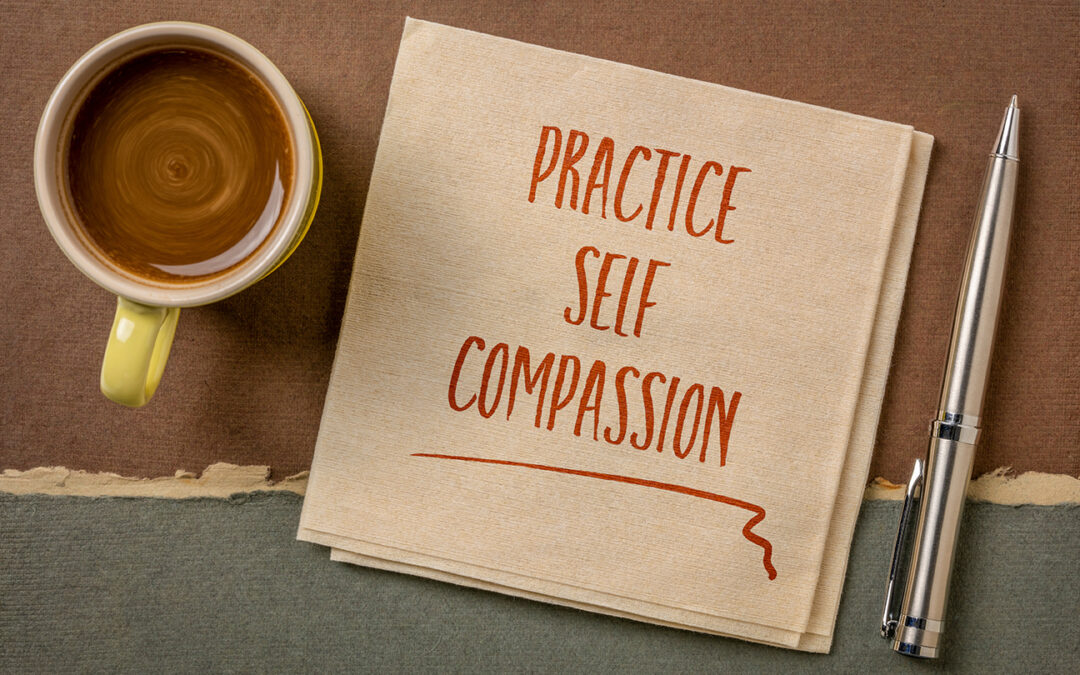Growing up, I received the message quite early and quite often that feeling sorry for myself was not appropriate. I got this message at home and school, and I’m sure I wasn’t alone.
When I was in middle school and complaining about something (probably about thinking I was doing more than my brother), I remember my mom telling me, “Pam, nobody likes a martyr.”
Around the same time, my mom also told me, “Never cry in public over some boy. Come home to cry.”
My dad was in charge of student teaching at UNL and one night we received a phone call during dinner, and it was a mother of a student teacher who wasn’t going to pass and wasn’t going to get a teaching certificate. After listening to her litany of reasons and excuses for her son, my dad hung up and turned to us and said, “People only care about your potential for so long; then they expect results.” No excuses; just get it done.
Somehow, I learned that if you felt sorry for yourself, you were deficient and/or self-indulgent in some way. Those of us of a certain age certainly remember, “Clean your plate; there are children starving in China.” Message: there’s always someone who has it tougher than you – so buck up. Don’t pity yourself, and for God’s sake, don’t let someone else pity you.
Not very long after my mom passed away from cancer, my dad started dating a woman to whom he was happily married for the next 37 years. Some people raised their eyebrows and made a few comments about him dating “so soon” after my mom’s death. He said to me, “Pam, I’d rather shock people than have them pity me.” Now I don’t think people pitied him; I think they had compassion for what he had gone through, but he saw it as pity. And pity is something to be avoided at all costs for many of us. But by equating compassion with pity, we are cheating ourselves and others.
I coach very high-functioning, successful professionals, and when their assessments come back (where they assess their own proficiencies and their colleagues assess them also) more often than not, these successful professionals rate themselves much lower than their colleagues do.
We are much more compassionate for others than we are for ourselves, and when others show us compassion, we often put-up shields to keep them out. To need compassion is to be weak. People often think if they show themselves compassion, it will make them lazy and not work to be better, but research shows the opposite is true.
People who demonstrate compassion towards themselves have:
- lower levels of anxiety and depression
- less rumination and thought suppression
- better insight in feelings and coping with negative feelings
- higher relationship satisfaction
- less need to project faults onto partners via angry accusations
No one wants our pity, and we don’t want to be pitied. But we can all practice a little more compassion for others and accept compassion from others.

